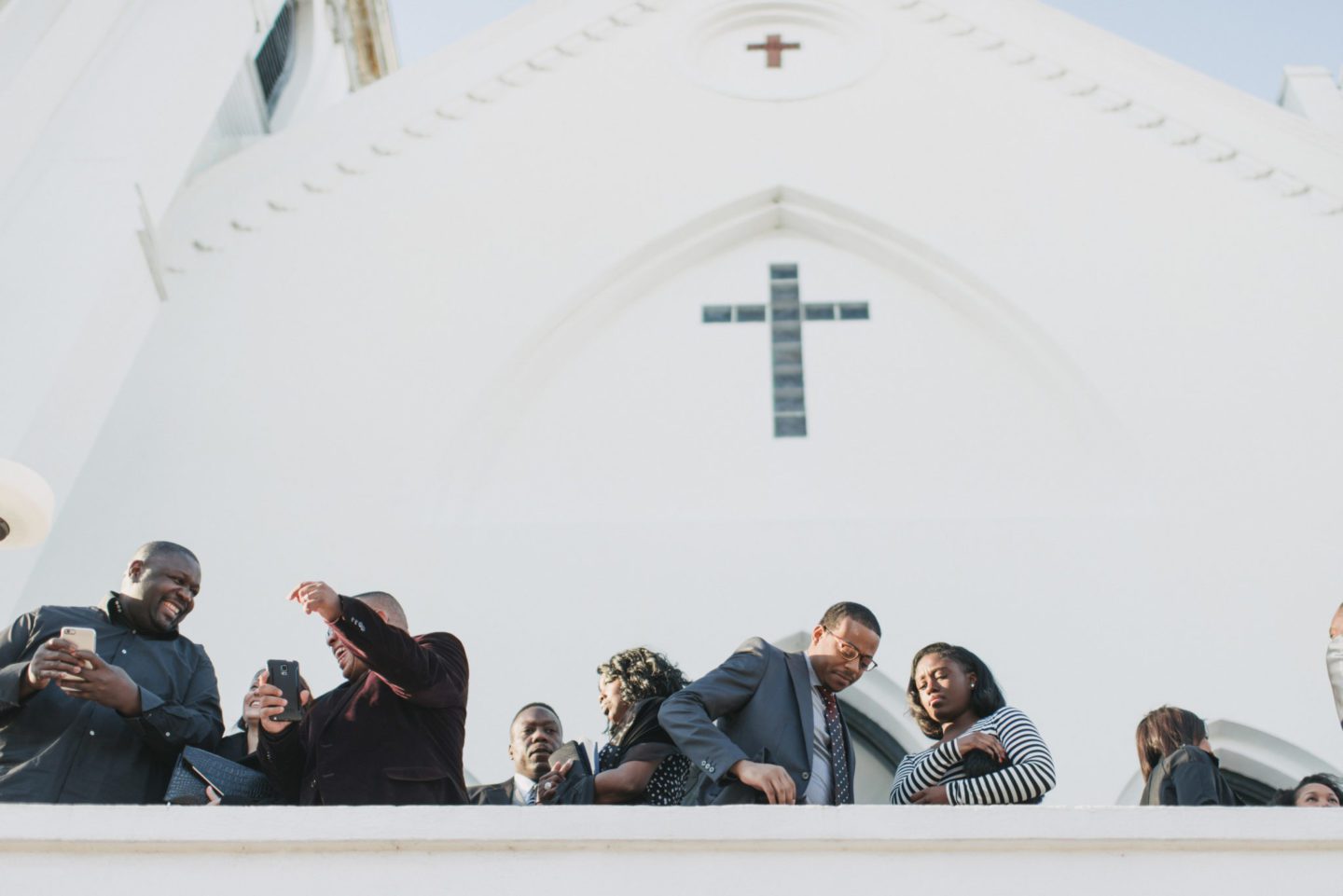
I grew up growing to an AME Church in my father’s hometown in South Carolina and got married at Emanuel AME Church in Charleston. So when I can merge my love of coffee table books and my upbringing in the AME church, I am more than pleased to do so. Today I am sharing a curated list of AME Church Books To Add To Your Coffee Table Collection. If you love learning about religions and history, these books are great to add to any book collection. Know of others, please share your favorites using the hashtag #blacksouthernbelle
AME Church Books To Add To Your Coffee Table Collection
Engendering Church: Women, Power and The AME Church
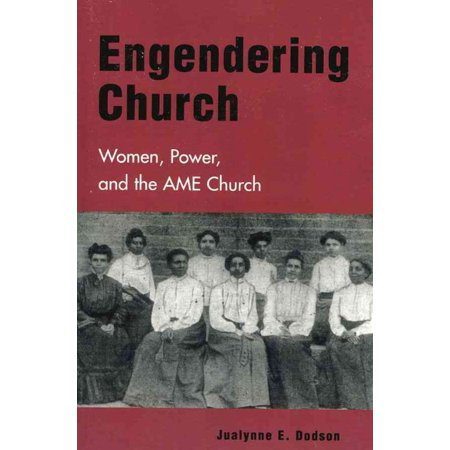
Engendering Church explores the power, processes, and circumstances that brought about the new gender relations in the African Methodist Church―one of the largest African American denominations in the U.S. Dodson tells the heroic stories of women like Sara Hatcher who rose from behind the scenes to confront the hierarchy of male clergy. Dodson’s historical account of the church and its many changes show that unless women hold church positions, they are overlooked as proactive agents of organizational power. She also links the church to broader social change. When women began to function in key leadership roles in African American churches, they also contributed to more rapid improvement in the living conditions for blacks in the United States.
A Children’s Book On Bishop Richard Allen: A Nonviolent Journey
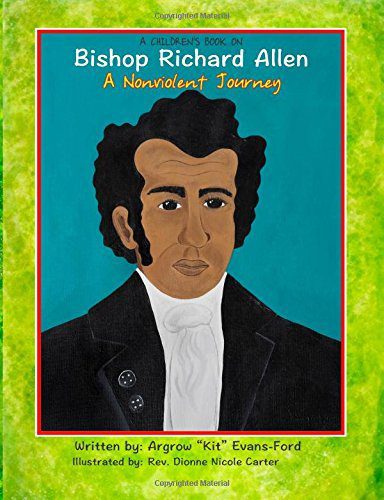 A Children’s Book on Bishop Richard Allen: A Nonviolent Journey takes you on an adventure of Bishop Richard Allen’s life. In the book, the character, Grandma Argrow, tells her granddaughter, Bobbi, the story of Allen. She details his life from slavery to freedom to eventually becoming the Founder and first Bishop of the African Methodist Episcopal Church. Bishop Allen models character traits connected to freedom, faith, family, education, nonviolence, courage, and love which illustrate positive values for children and adults today. Remarkable acrylic paintings and watercolor effects give full expression to the life and legacy of such an important person in history, the Bishop Richard Allen.
A Children’s Book on Bishop Richard Allen: A Nonviolent Journey takes you on an adventure of Bishop Richard Allen’s life. In the book, the character, Grandma Argrow, tells her granddaughter, Bobbi, the story of Allen. She details his life from slavery to freedom to eventually becoming the Founder and first Bishop of the African Methodist Episcopal Church. Bishop Allen models character traits connected to freedom, faith, family, education, nonviolence, courage, and love which illustrate positive values for children and adults today. Remarkable acrylic paintings and watercolor effects give full expression to the life and legacy of such an important person in history, the Bishop Richard Allen.
Freedom’s Prophet: Bishop Richard Allen, the AME Church, and the Black Founding Fathers
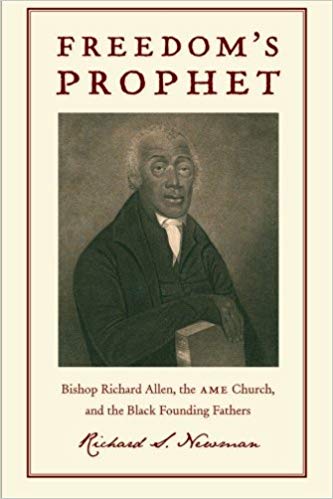 Freedom’s Prophet is a long-overdue biography of Richard Allen, founder of the first major African-American church and the leading black activist of the early American republic. A tireless minister, abolitionist, and reformer, Allen inaugurated some of the most important institutions in African-American history and influenced nearly every black leader of the nineteenth century, from Douglass to Du Bois.
Freedom’s Prophet is a long-overdue biography of Richard Allen, founder of the first major African-American church and the leading black activist of the early American republic. A tireless minister, abolitionist, and reformer, Allen inaugurated some of the most important institutions in African-American history and influenced nearly every black leader of the nineteenth century, from Douglass to Du Bois.
Allen (1760–1831) was born a slave in colonial Philadelphia, secured his freedom during the American Revolution, and became one of the nations leading black activists before the Civil War. Among his many achievements, Allen helped form the African Methodist Episcopal (AME) Church, co-authored the first copyrighted pamphlet by an African American writer, published the first African American eulogy of George Washington, and convened the first national convention of black reformers. In a time when most black men and women were categorized as slave property, Allen was championed as a black hero. As Richard S. Newman writes, Allen must be considered one of America’s black Founding Fathers.
Laborers in the Vineyard of the Lord (The History of African-American Religions)
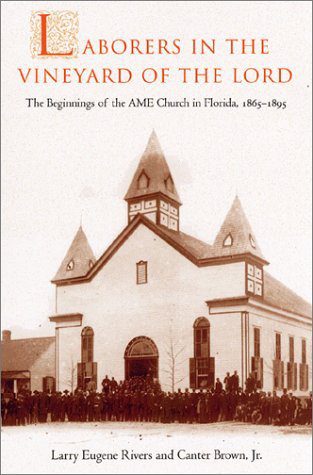 Written by two eminent historians, Laborers in the Vineyard of the Lord examines the history of the African Methodist Episcopal Church in Florida from the beginning of Reconstruction to the institution of Jim Crow segregation, a period when the AME Church played a crucial role in the religious, cultural, and political lives of black Floridians. The book begins with an overview of slave religion and the first stirrings of African Methodism before 1865 and culminates with the formidable challenges that faced the church by 1895.
Written by two eminent historians, Laborers in the Vineyard of the Lord examines the history of the African Methodist Episcopal Church in Florida from the beginning of Reconstruction to the institution of Jim Crow segregation, a period when the AME Church played a crucial role in the religious, cultural, and political lives of black Floridians. The book begins with an overview of slave religion and the first stirrings of African Methodism before 1865 and culminates with the formidable challenges that faced the church by 1895.
Not only did the AME Church save lives for Christ, it emerged as a force to be reckoned with in politics. Men such as Charles H. Pearce and Robert Meacham became powerhouses in state and local affairs as well as in the church. They and their fellow ministers fought for the participation of blacks in the governing process and promoted education and employment for all blacks and poor whites. Numerous others staunchly supported the growing national phenomenon of the temperance movement. Drawing on primary sources such as church newspapers and previously overlooked records, the authors also relate the gripping drama of the inner dynamics of AME church life and examine the impact of personality interactions on its leadership.
16
